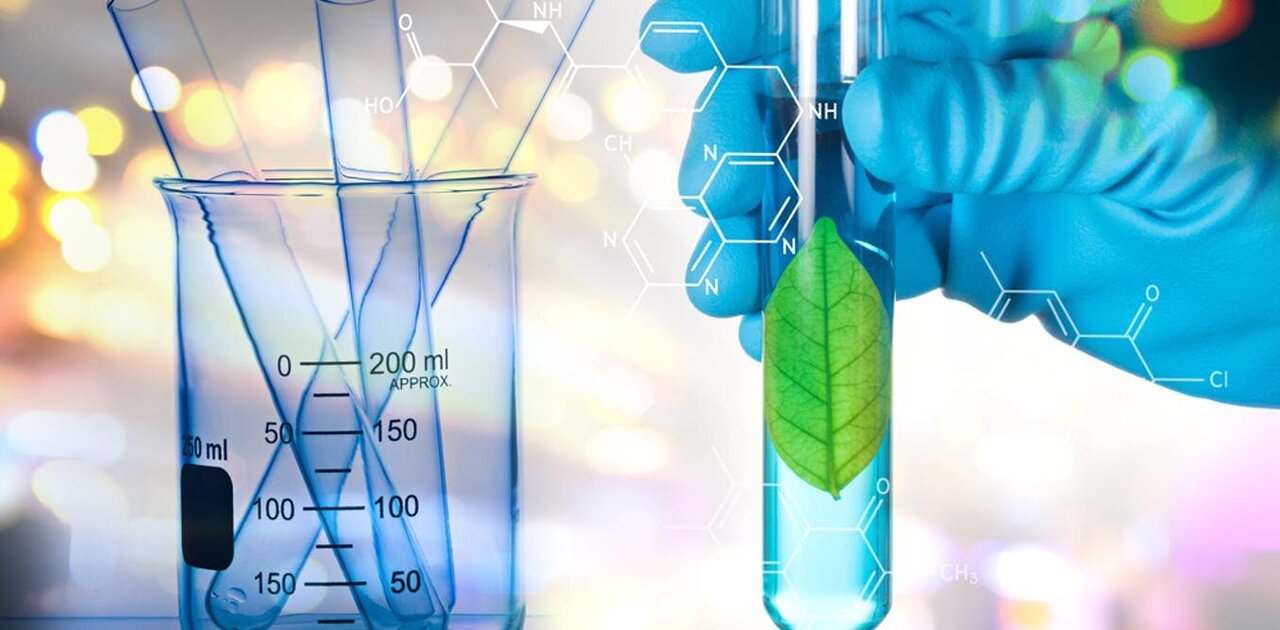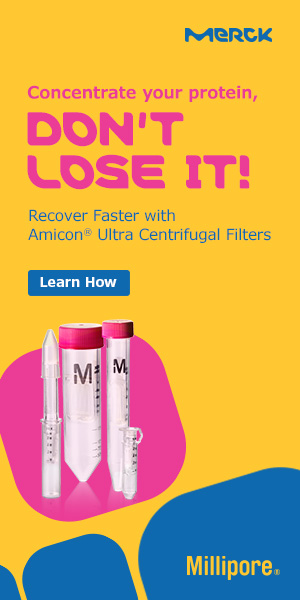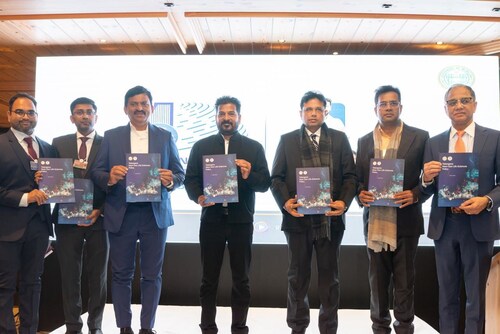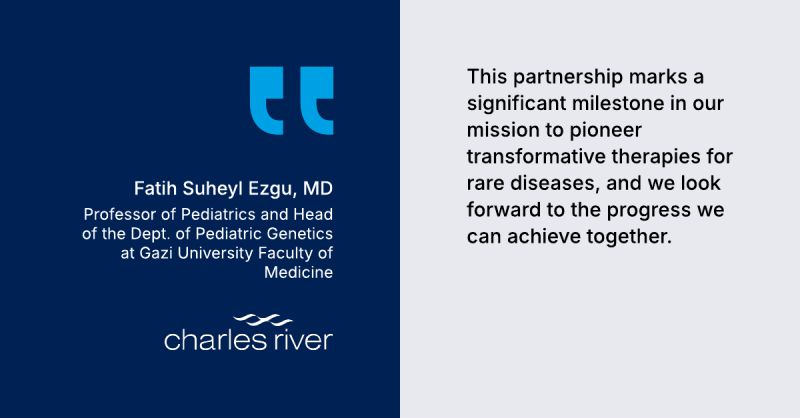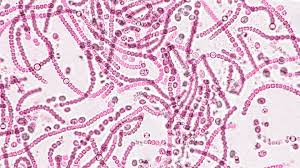Agilent Technologies Inc. (NYSE: A) announced the results of an independent third-party global survey that will help the industry better understand analytical laboratories’ perceptions, aspirations, and challenges concerning implementing sustainability measures.
Conducted on behalf of Agilent by the international market research firm Frost & Sullivan, the survey sought to understand how lab managers globally are thinking about sustainability and reducing the environmental impact of their labs and how vendors like Agilent can help by improving products and services to address their needs and current gaps.
The survey took a two-phased approach with 100 qualitative phone interviews, followed by 500 online interviews with experienced lab personnel in Asia, Europe, the United Kingdom, and the United States across all the lab types and market segments Agilent serves. The primary functions of the labs surveyed were analytical services, methods development or validation, process control, monitoring or manufacturing, quality assurance or control, research, and clinical testing.
The results indicated that a high percentage (82%) of labs surveyed have already adopted sustainability measures. The top three actions that labs are currently undertaking to reduce their environmental footprint are; reducing carbon and other greenhouse gas emissions (72%), reducing or optimizing water and energy consumption (68%), and improving waste management techniques (60%). Also, 85% of those surveyed expect their vendors to support them in reaching their sustainability goals, now and in the future, and 74% of labs stated that it would be an exclusion criterion for them to engage with a company commercially that did not have a commitment to net zero.
“A majority of labs stated that information shared by vendors, related to their own goals and objectives towards sustainability, in addition to instrument and product-related information, was important,” said Neil Rees, head of Agilent’s ESG Programs. “Our ongoing partnership with My Green Lab and their ACT Environmental Impact Factor Label program ensures that we can offer our customers third-party verified information on the environmental impact of Agilent solutions.”
“By providing the necessary verification and transparency of sustainability information, MGL ACT labels help consumers make informed decisions across the lifecycle impact of laboratory products,” said James Connelly, My Green Lab CEO. “Participating in ACT is a key way manufacturers demonstrate their commitment to our mission to build a global culture of sustainability in science.”
Additionally, 54% of labs would be interested in consulting services to assess and improve lab efficiency, followed by instruments and systems that support tracking and monitoring key metrics related to sustainability (44%). Labs are also looking to vendors to provide instrument end-of-life solutions, for example, recycling services (77%) and instrument refurbishment initiatives (51%), such as Agilent’s Certified Pre-Owned Instruments Program. Agilent also showcased a selection of its MGL ACT-labelled products at the ASMS Conference held June 4 - 8 in Houston, Texas.
“As our customers’ definition of sustainability expands, it’s incumbent on us to be ahead of the curve in understanding their needs,” Rees added. “Independent surveys such as this provide clear and impartial feedback, identifying trends and gaps that we can action, to continue to provide solutions that help ensure our customers' sustainability goals are met or exceeded.”
“It’s important that we share these results with the wider community as we are all on the journey to be more sustainable,” said Victoria Wadsworth, associate vice president of Reputation Marketing at Agilent. “By sharing these learnings, we can spark richer conversations and share best practices that bring everyone closer to their goals. It’s the right thing to do for business and our planet.”


